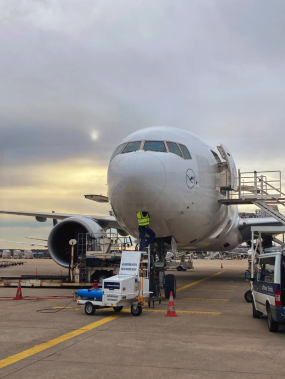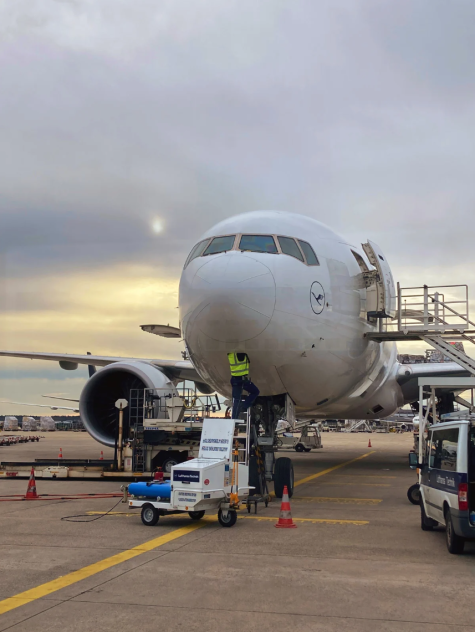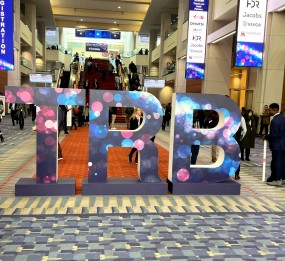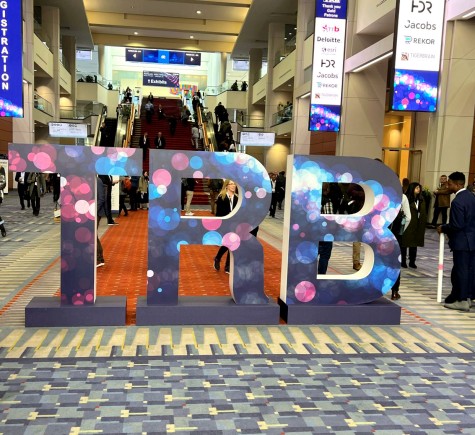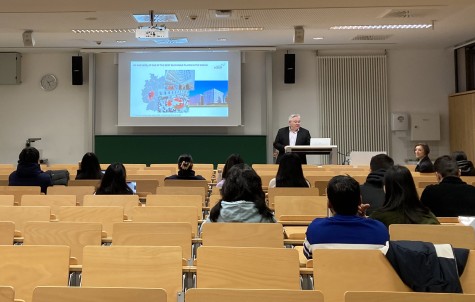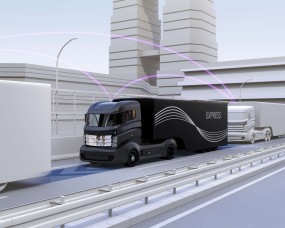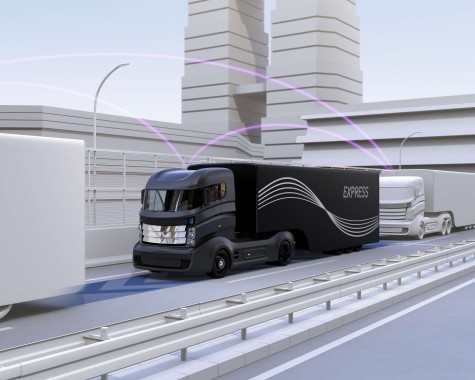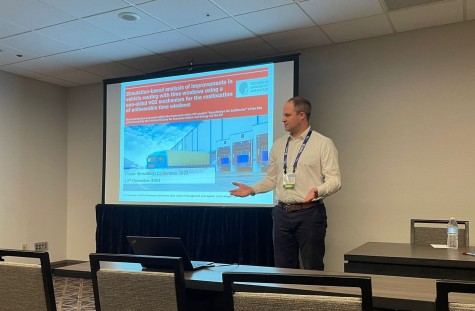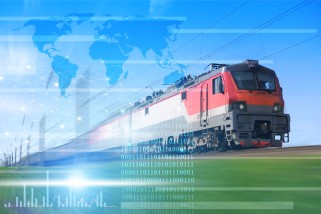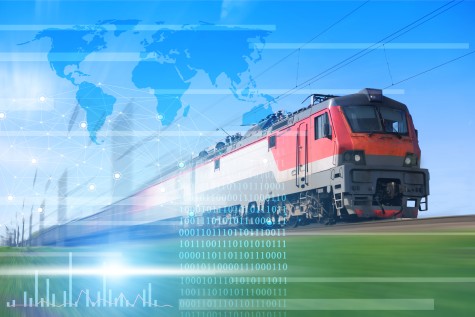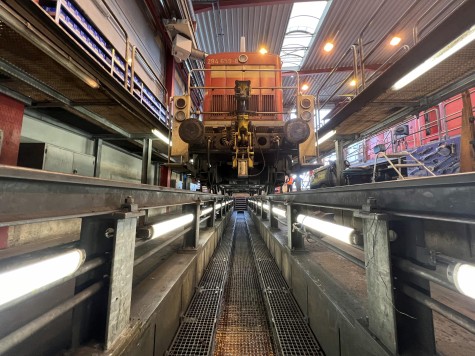-
![]()
![]()
The containerization of single wagonload transport in the magazine “Internationales Verkehrswesen”
2024/04/09
In order to support the modal shift from road to rail freight transport, it is necessary to increase the attractiveness and competitiveness of single wagonload transport. Innovative concepts that enable the separation of freight wagons and containers in single wagonload transport offer new potential for acting more flexibly and responding better to customer needs.
-
![]()
![]()
Venturing behind the scenes of aviation at Frankfurt (Main) Airport!
2024/02/21
On 15 Februar 2024, our dedicated students from the course “Airport Management” embarked on an insightful journey at Frankfurt (Main) Airport.
-
![]() Picture: log
Picture: log![]() Picture: log
Picture: logVisiting the Innovation Lab on CT and the DB CargoLab: ILS students visit the HOLM in Frankfurt
2024/02/13
Life is a constant exchange – as it is for the students on our “International Logistics Systems” course, who had the opportunity to get to know the House of Logistics and Mobility in Frankfurt am Main on February 7, 2024.
-
![Nahaufnahme einer Schiene]()
![Nahaufnahme einer Schiene]()
New research project: Possibilities of collecting capacity utilization data in rail transport
2024/02/06
Precise knowledge of utilization data is crucial for the efficient management and improvement of rail transport in Germany. The German Centre for Rail Transport Research (DZSF) of the Federal Railway Authority (EBA) has initiated the “MONI” research project to collect utilization data on rail freight transport, local rail passenger transport and long-distance rail passenger transport using an interdisciplinary approach.
-
![Annual Meeting des Transportation Research Boards]()
![Annual Meeting des Transportation Research Boards]()
Presenting current research at the TRB Annual Meet 2024 in Washington, D.C.
2024/02/06
Innovative solutions are needed to promote combined freight transport (CT) in Germany. At the annual meeting of the Transportation Research Board in Washington DC, USA, Hongjun Wu reported on how rail freight transport can be improved.
-
![]()
![]()
Guest lecture by Sascha Barthel, House of Logistics and Mobility (HOLM) GmbH
2024/01/23
What trends could determine the future of mobility and aviation? On Monday, January 22, 2024, we were excited to welcome Sascha Barthel on campus for a guest lecture on Innovation in Aviation and Future. As Head of Innovation at the House of Logistics and Mobility (HOLM) GmbH, he gave valuable insight to our students complementing our lecture “Airport Management.”
-
![]()
![]()
Project completed: Decentralized Planning of Platoons
2024/01/16
Road freight transport companies navigate a landscape of challenges, marked by intense competition and constantly increasing CO2 prices. In this dynamic environment, the imperative is clear: embrace technologies that are both cost-effective and environmentally friendly. So how can we actively contribute to enhancing the cost-effectiveness and CO2-friendliness of road freight transport?
-
![]() Picture: log
Picture: log![]() Picture: log
Picture: logPresentation of current research at the Winter Simulation Conference in San Antonio, Texas
2024/01/02
We are excited to have presented innovative research at the Winter Simulation Conference 2023 in San Antonio, Texas, where the spotlight was on “Simulation for Resilient Systems.”
-
![]()
![]()
Project completed: ETAPEN – Data-driven Analysis of dynamic ETA Forecasts in Combined Road/Rail Transport
2023/12/20
What if dynamic forecasts of the ETA (Estimated Time of Arrival) could also be used reliably in combined road/rail freight transport (CT)? Our analyses show that accurate ETAs offer an enormous advantage.
-
![]()
![]()
Logistics Live! Visiting the Mainz-Bischofsheim shunting yard
2023/11/20
How can intermodal freight transport in Germany contribute to achieving the EU's climate targets? In search of answers, our students traveled to the Mainz-Bischofsheim shunting yard and experienced one of the oldest shunting yards in Germany up close as part of our “Logistics Live!” excursion.
Management and Logistics
Archive
Archive





